IPL ordered to relocate drought-hit Maharashtra matches
- Published
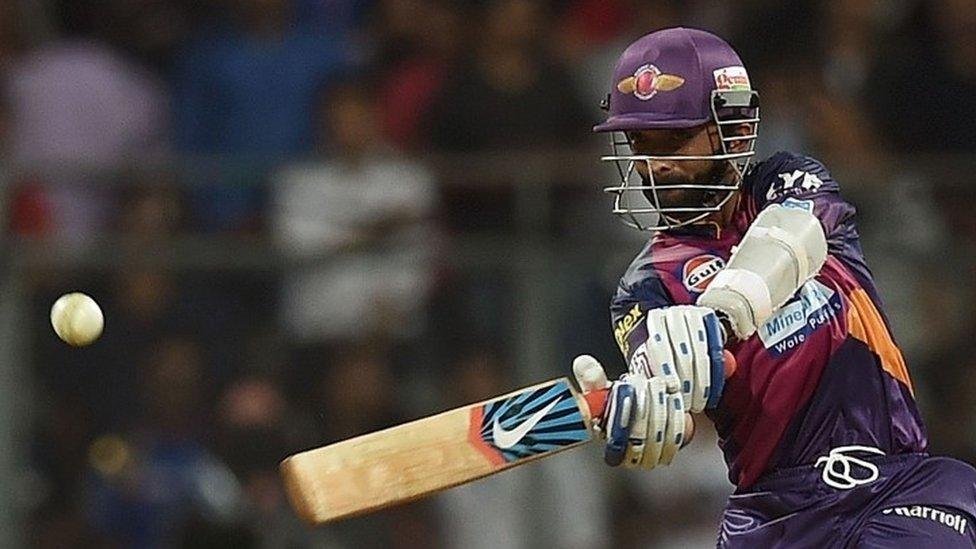
The court ruling brings an end to matches in Maharashtra from the end of this month
Thirteen Indian Premier League (IPL) cricket matches due to be played in the state of Maharashtra next month must be relocated because of a severe drought, a court in the western state has ruled.
The High Court in Mumbai dismissed arguments that treated sewage could be used to prepare pitches.
In parts of the state, water shortages are so acute that hospitals are being forced to cancel operations.
The ruling casts uncertainty over the latter part of the IPL tournament.
The final was due to have been played in the state capital Mumbai on 29 May.
The IPL attracts some of the world's top players and is one of the richest cricket leagues in the world. The Twenty20 matches are played annually in India and began on Saturday.
Parts of Maharashtra are enduring one of its worst droughts in 100 years.
Earlier the High Court criticised the Board of Control for Cricket in India along with the state government for not giving priority to ordinary people amid the growing demands for water.
The court on Wednesday ordered the games to be relocated despite promises made by the the Mumbai and Pune IPL teams to donate a substantial amount towards drought-relief measures.
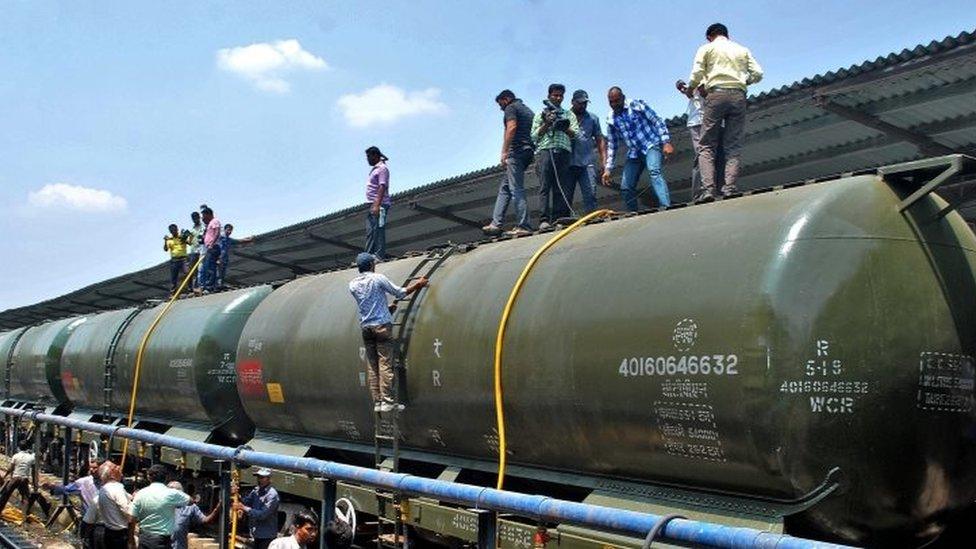
A train carrying half a million litres of drinking water has been sent to the worst affected areas of Maharashtra
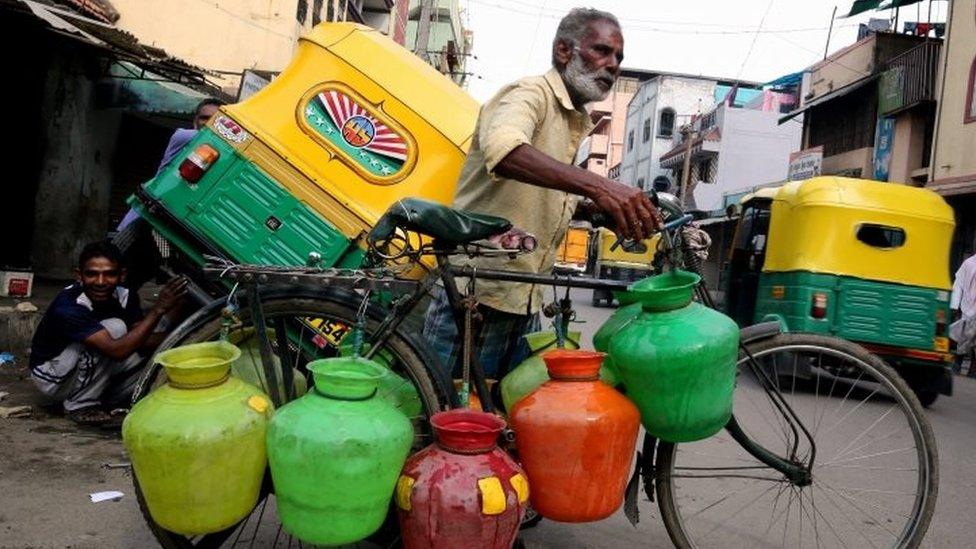
Much of southern India has been hit by the drought
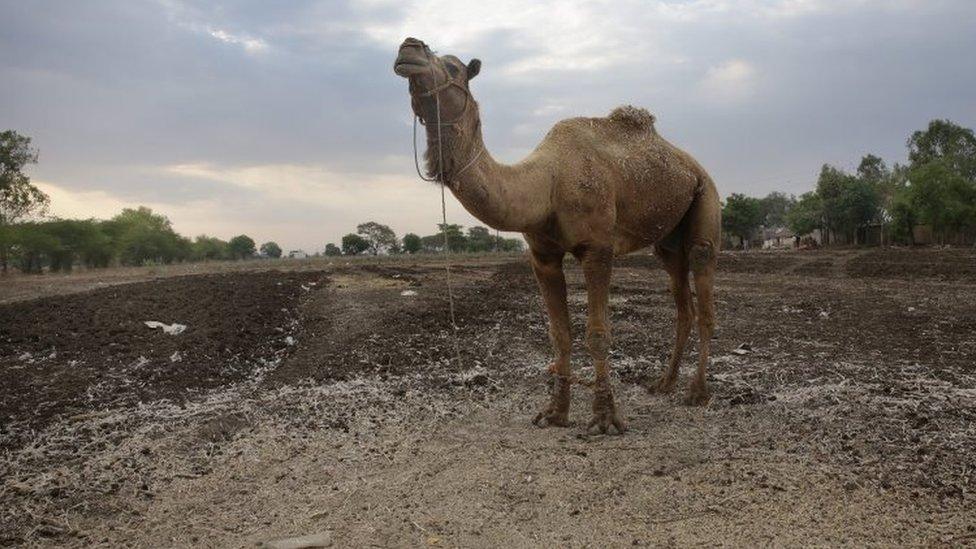
A heat wave is extending across much of northern India with temperatures exceeding 40C for several days in a row
Eight teams are participating in this year's tournament, with one report estimating that six million litres of water are needed for the upkeep of pitches in Maharashtra - in Mumbai, Pune and Nagpur.
The drought is taking place as a heat wave extends across much of northern India with temperatures exceeding 40C for several days in a row.
There is growing public concern over the lack of water in many parts of the state following two successive years of drought and crop failures.
In an unprecedented move earlier this week, a train carrying half a million litres of drinking water was sent to the worst affected area.
Last year, as many as 3,228 farmers in Maharashtra took their lives, the highest in the last 14 years, a government minister recently said. Many of the deaths were attributed to stress over crop failures.
- Published12 April 2016
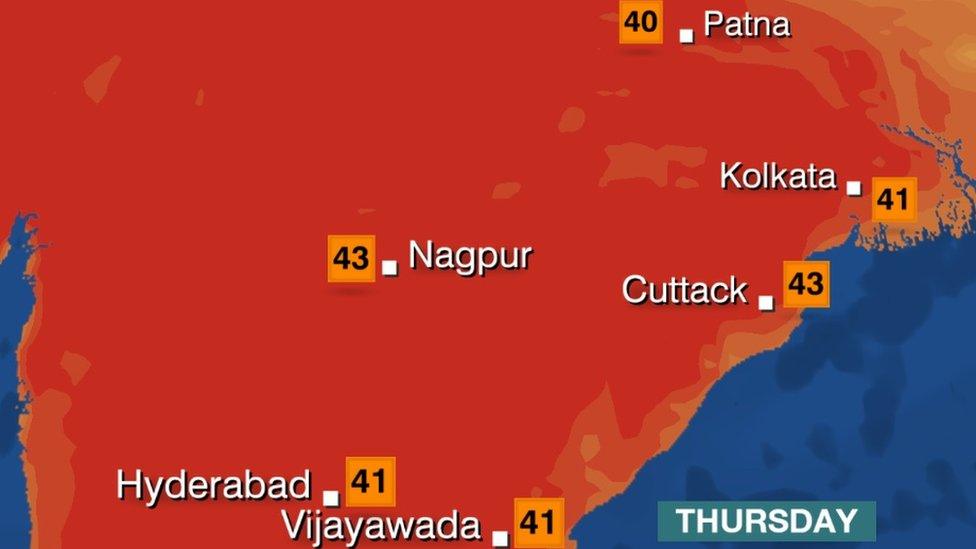
- Published6 April 2016
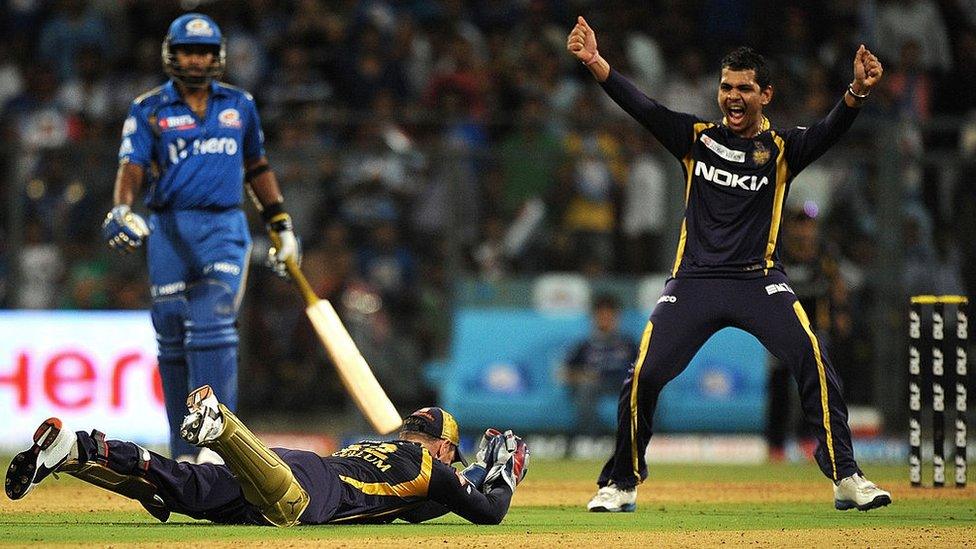
- Published27 March 2016
- Published21 March 2016